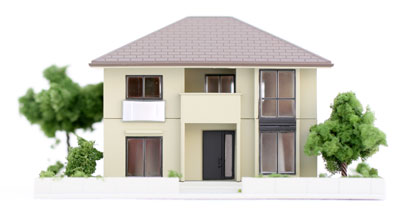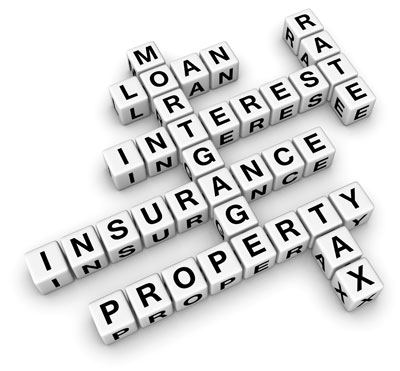Each State is different the following relates to NSW
 Who is considered to be a land owner for land tax purposes?
Who is considered to be a land owner for land tax purposes?
An owner includes a sole owner, joint owners, a company, a trustee of a trust, a beneficiary of a trust, a shareholder in a home unit company and /or any person deemed to be an owner by the land tax legislation including a person who leases land from the Crown or from a Local Council.
What if I own property in NSW with someone else?
In most cases the OSR will issue land tax assessments to each owner in their respective proportions. The ownership proportion is shown on the land tax assessment.
How is land tax calculated?
Ownership is based on ownership as at midnight on 31 December in any year.
What is the amount of land tax payable?
Land tax rates and land tax thresholds are determined each year by the OSR.
How does the threshold work if I own several land items?
If you own or have interests in more than one property then the value of all your liable land will be added together. You will then be charged land tax on the combined land value above the land tax threshold. Each taxpayer is only entitled to the benefit of one threshold.
When is NSW land exempt from land tax?
There are certain statutory exemptions. For instance if your property is your principle place of residence and is not owned by a company or trust, it will be exempt from land tax.
Other statutory exemptions include:
- and used and occupied primarily for boarding houses;
- land used for low-cost accommodation within a five kilometre radius of the City of Sydney;
- retirement villages, aged-care establishments and nursing homes;
- religious and charitable institutions; and
- some other non profit organisations.
What other allowances are available?
Allowances relating to heritage and other affectations could apply. These are usually noted on your land tax assessment. If not, a separate application should be made to the OSR. Please contact us and we can elaborate.
What if my property does not earn income in any land tax year?
The property will be subject to land tax even if it is not income producing (eg a holiday home, a hobby farm or vacant land).
What if I sell my property during the year?
The land tax assessment is based on land ownership as at midnight on 31 December each year. If you own property at that time then you are liable for the duty as assessed.
If you sell your property during the year then you need to notify the OSR accordingly.
As between the buyer and the seller, it is possible to agree with the buyer that land tax be apportioned as at the date of settlement of the sale of the property, but this is something that should be expressly negotiated with the buyer at the time of sale.
You are not entitled to a refund if you sell your property during the year.
When do I need to pay my land tax?
You need to pay your land tax by the first instalment date shown on your land tax notice of assessment. If you pay your land tax in full by this date, you will be eligible for a 1.5% discount on your land tax. Interest and other penalties apply for late payment.
 A capital gain or capital loss is the difference between what it cost you to get an asset and what you received when you disposed of it.
A capital gain or capital loss is the difference between what it cost you to get an asset and what you received when you disposed of it.
 Firstly you need to identify who or what is going to own the portfolio. The importance of this decision cannot be underestimated and the wrong decision could cause you plenty of grief down the track.
Firstly you need to identify who or what is going to own the portfolio. The importance of this decision cannot be underestimated and the wrong decision could cause you plenty of grief down the track. Who is considered to be a land owner for land tax purposes?
Who is considered to be a land owner for land tax purposes?